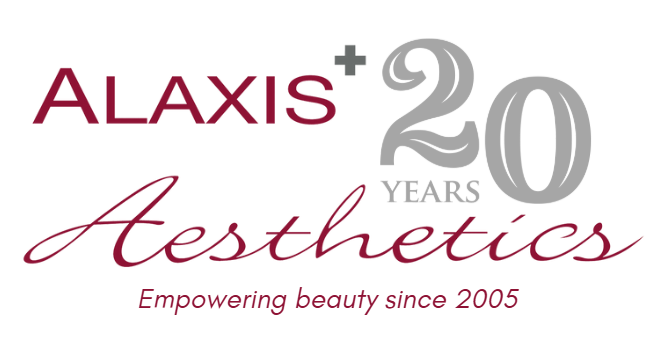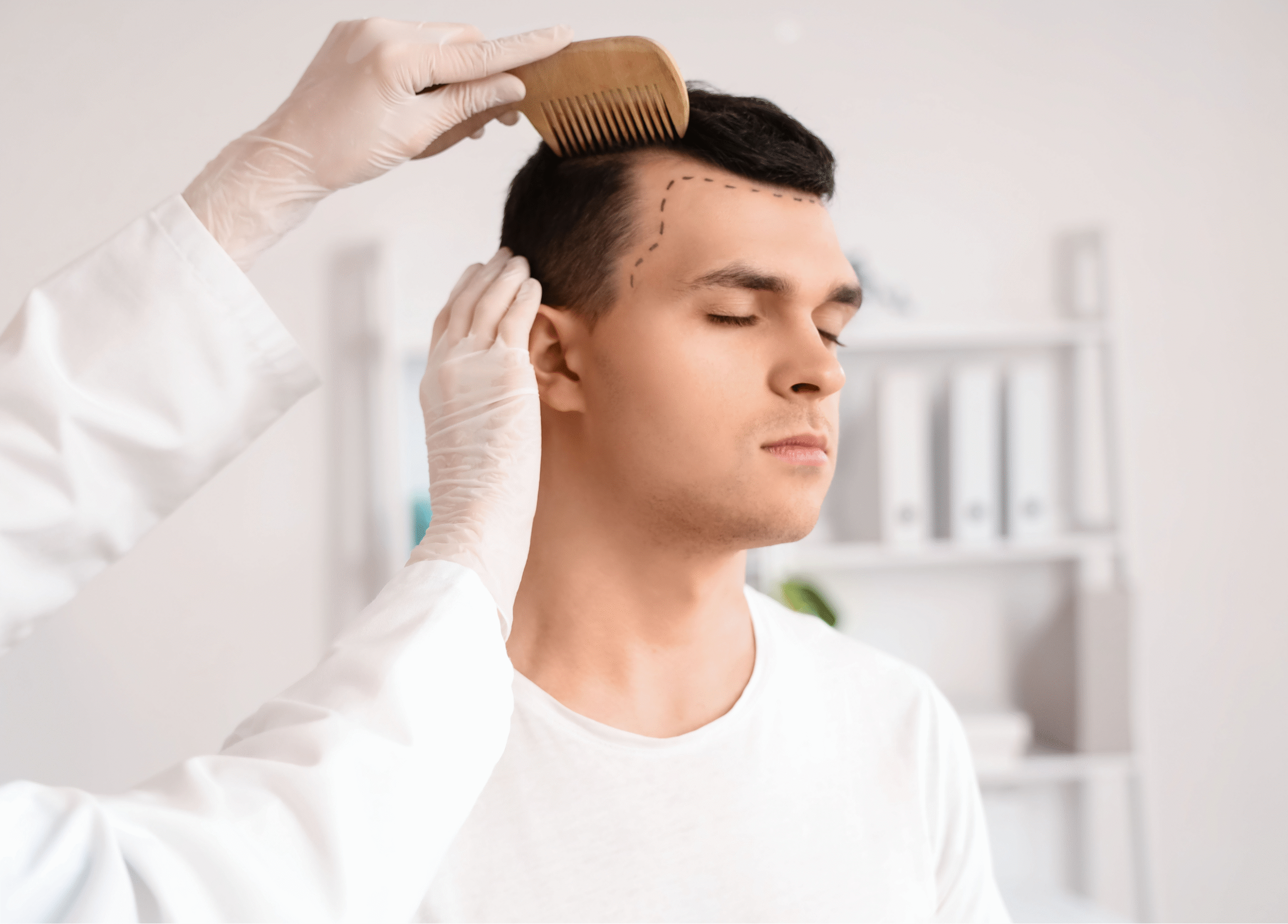How to Take Care of Your Skin After Laser Treatment

By Dr Donald Ng, MBBS, DipDerm
Laser treatments have gained popularity for their ability to address various concerns, from pigmentation and acne scars to the removal of blemishes, birthmarks, warts and tattoos. However, the recovery process is crucial for achieving optimal results. Post-laser care not only aids in healing but also enhances the efficacy of the treatment.
Here’s a comprehensive guide on how to take care of your skin after laser treatment.
Understanding the Healing Process
After laser treatment, your skin is partially “hurt” from the application of light energy. This controlled injury prompts the skin cells to respond by producing growth factors. These growth factors stimulate the production of collagen and elastin — essential for skin elasticity and firmness — and activate the multiplication of new skin cells.
Much like after an intense workout, where muscle fibres need time and nutrition to heal and grow, your skin requires special care and nourishment to recover effectively.
Immediate Laser Post-Treatment Care
1. Keep It Clean
In the first few days following your treatment, cleanliness is paramount. Gently cleanse your skin with a mild, non-irritating cleanser.
Avoid exfoliants, scrubs, or any products that could further irritate the skin. Pat your skin dry instead of rubbing it, and avoid touching your face unnecessarily to reduce the risk of infection.
2. Moisturise Regularly
Keeping your skin hydrated is vital during the healing process. Moisturising often helps to promote healing and combat dryness and flakiness.
3. Protect Your Skin From the Sun
After laser treatment, your skin will be more sensitive to sunlight. Use a broad-spectrum sunscreen with an SPF of at least 30, even on cloudy days. Reapply every two hours if you are outside.
Ideally, you should limit sun exposure for at least two weeks post-treatment to prevent rebound pigment formation, which can lead to uneven skin tone and dark spots.
4. Nourish Your Skin with Vitamin-Rich Products
Just as athletes consume protein shakes to support muscle recovery, your skin needs nutrients to heal properly. Incorporate vitamin C and vitamin A into your skincare routine, as both vitamins play critical roles in skin repair and collagen production.
- Vitamin C: This powerful antioxidant helps to brighten the skin and protect it from oxidative stress, which is particularly important after a laser treatment.
- Vitamin A: Often found in retinoids, vitamin A promotes cell turnover and encourages the growth of new skin cells.
Always consult with your aesthetics doctor before introducing new products after laser treatment to ensure they are suitable for your skin.
5. Hydrate from Within
Staying hydrated is essential for skin recovery. Drink plenty of water throughout the day to help your skin maintain elasticity and support overall healing.
Foods rich in omega-3 fatty acids, such as salmon and walnuts, can also aid in skin repair and reduce inflammation.
6. Avoid High-Intensity Workouts
In the days following your laser treatment, it’s wise to avoid strenuous activities that can lead to sweating or overheating. Elevated body temperature can increase inflammation and delay healing.
Opt for light activities, such as walking, and gradually reintroduce your regular exercise routine as your skin heals.
7. Refrain from Makeup
As tempting as it may be to cover up post-treatment redness or peeling, it’s best to avoid makeup for at least three days.
Giving your skin time to breathe and recover without the interference of makeup products can expedite healing. When you resume using makeup, choose mineral-based products that are gentle on sensitive skin.
8. Monitor for Complications
During your recovery, it’s essential to monitor your skin for any signs of complications. If you notice excessive redness, swelling, pus, or an increase in pain, contact your aesthetics physician immediately. These could be signs of an infection or an allergic reaction.
9. Regular Appointments with Your Aesthetics Doctor
Don’t forget to attend follow-up appointments with your aesthetics doctor. These visits are important for assessing your healing process and ensuring that your skin is responding well to the treatment. Your medical practitioner can also provide additional personalised care tips tailored to your unique skin type and needs.
Taking care of your skin after laser treatment is a vital part of the process that can significantly influence your results. With the right post-treatment care, you’ll be on your way to radiant, healthier skin in no time.
Contact Us
If you are keen to know how laser treatments can benefit your skin, drop my team a WhatsApp message at +65 81257655 to schedule an appointment.





